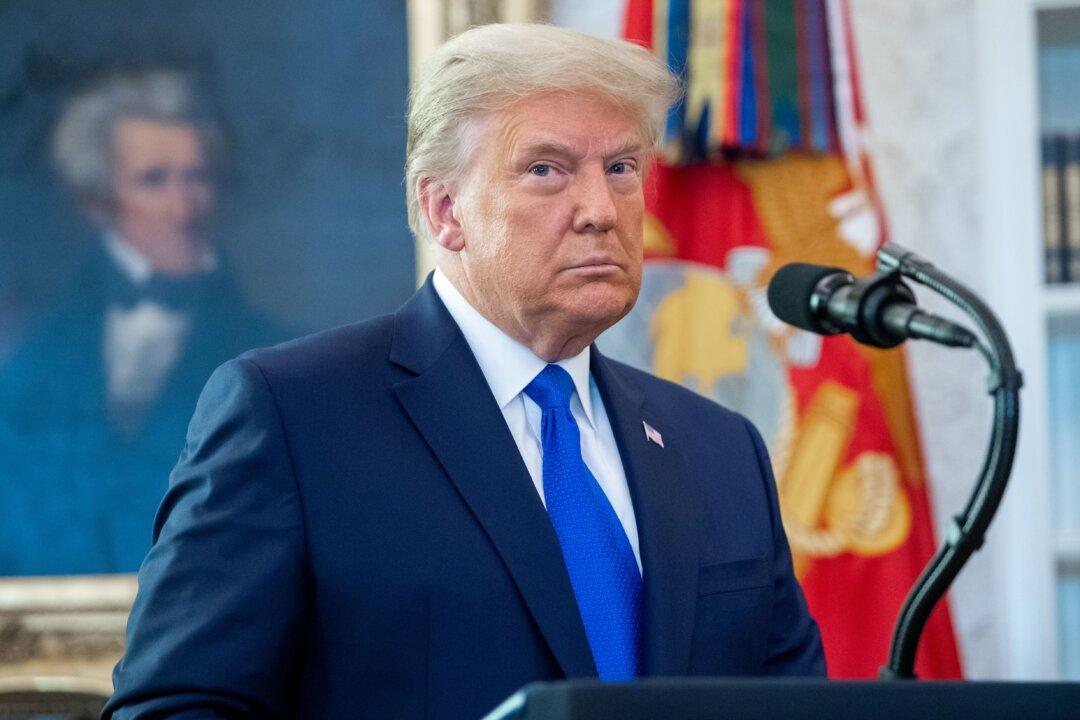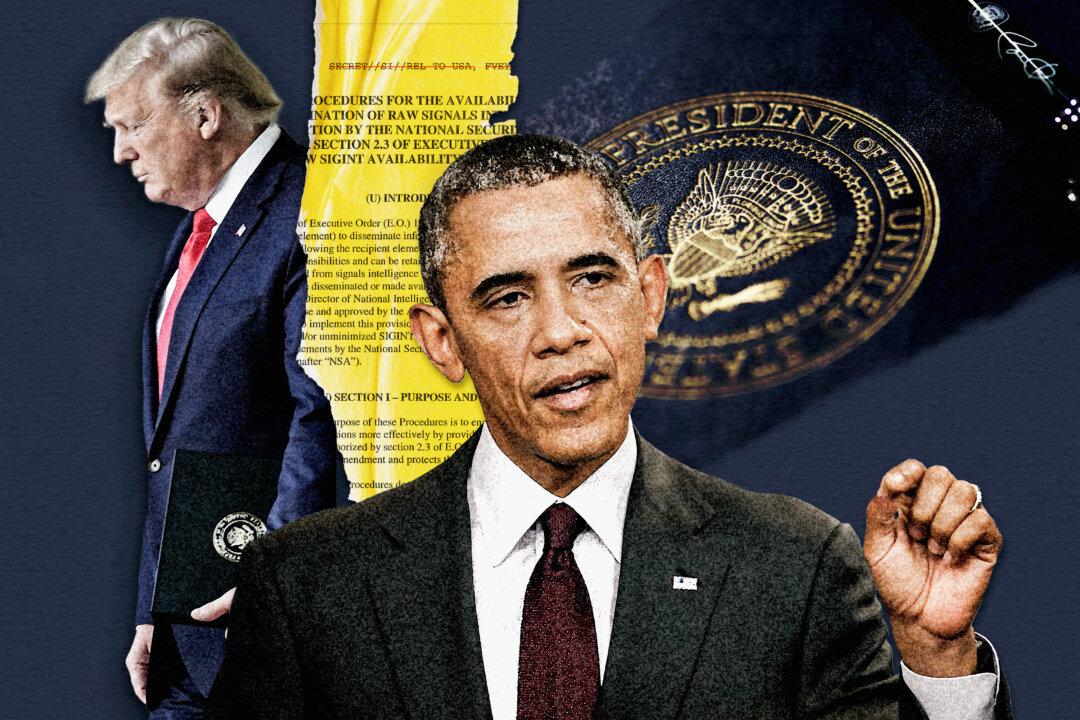A few days ago, on Dec. 13, we pointed out that a footnote contained within a legal filing by the team of former national security adviser Michael Flynn related not to the Jan. 24, 2017, interview of Flynn, but instead referenced an FBI interview of FBI agent Peter Strzok and his partner—likely Joseph Pientka.
The referenced FD-302—a type of FBI form that is a written summation of an interview—was dated Aug. 22, 2017, almost seven months after Flynn’s Jan. 24, 2017, interview. It clearly reads as quotes by the FBI agents describing events before, during, and after the Flynn interview to an unknown FBI official.





